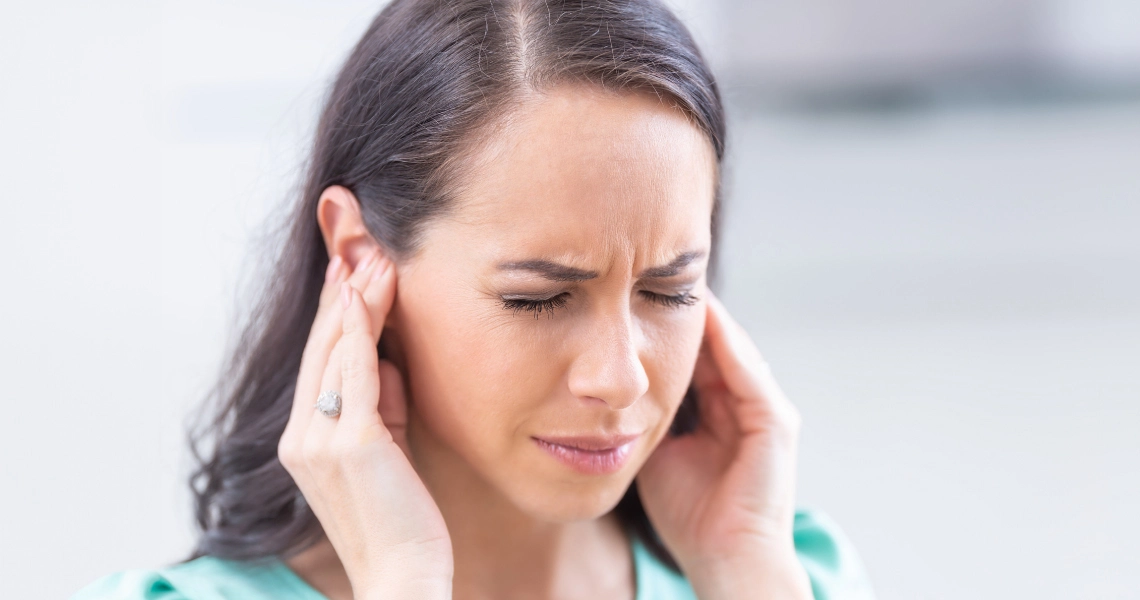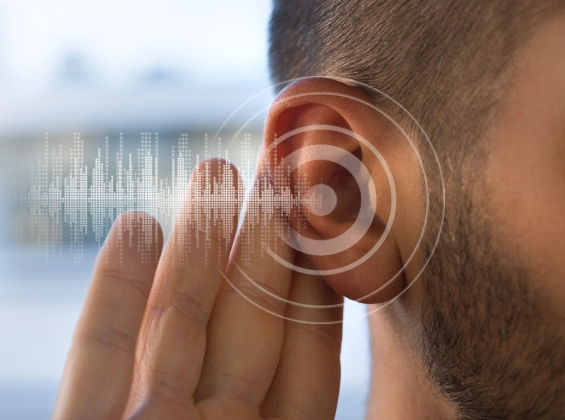Understanding Tinnitus: Ringing in the Ears and How to Cope

Tinnitus is a prevalent yet often misunderstood condition that affects millions of people worldwide. Characterized by the perception of a constant ringing, buzzing, or hissing sound in the ears, tinnitus can be incredibly frustrating and even disruptive to one’s quality of life. In this blog post, we’ll delve into the world of tinnitus, its causes, and explore some strategies to help you cope with this persistent auditory phenomenon.
Tinnitus is not a disease itself but rather a symptom of an underlying issue. It can manifest as a subjective experience, which only the affected individual can hear, or as an objective phenomenon, which can be heard by both the patient and a healthcare provider. Understanding the anatomy of tinnitus can shed light on why it occurs and how it can be managed.
Common Causes of Tinnitus
- Hearing Loss: One of the most common causes of tinnitus is age-related hearing loss. As we age, the delicate hair cells in the inner ear can become damaged, leading to both hearing loss and tinnitus.
- Exposure to Loud Noise: Prolonged exposure to loud noises, whether from work-related environments or recreational activities, can damage the auditory system and result in tinnitus.
- Earwax Blockage: A buildup of earwax can obstruct the ear canal, causing tinnitus. Fortunately, this is often a reversible cause of tinnitus through simple earwax removal.
- Medications: Certain medications, including some antibiotics, diuretics, and aspirin in high doses, can trigger tinnitus as a side effect.
- Underlying Health Conditions: Medical conditions like Meniere’s disease, temporomandibular joint (TMJ) disorders, and high blood pressure may contribute to tinnitus

Coping with Tinnitus
Living with tinnitus can be challenging, but there are various strategies and treatments available to help manage its impact on your life.
- Hearing Aids: If hearing loss accompanies your tinnitus, hearing aids can help by amplifying external sounds, which may mask the ringing or buzzing in your ears.
- Sound Therapy: Background sounds, such as white noise, nature sounds, or calming music, can help divert your attention from the tinnitus and make it less noticeable.
- Counseling and Cognitive Behavioral Therapy (CBT): Tinnitus can be emotionally distressing. Counseling and CBT can provide you with coping strategies and reduce the emotional burden of tinnitus.
- Avoiding Triggers: Protect your ears from loud noises, wear earplugs at concerts, and limit exposure to loud environments to prevent further damage.
- Manage Stress: High stress levels can exacerbate tinnitus. Incorporate stress-reduction techniques like mindfulness, yoga, or meditation into your daily routine.
- Medication: In some cases, medication may be prescribed to alleviate the severity of tinnitus symptoms.
Tinnitus is a complex condition with a variety of potential causes and manifestations. While it may not always be curable, there are numerous ways to manage its impact on your daily life and well-being. If you or someone you know is experiencing tinnitus, it’s essential to consult with an ear, nose, and throat specialist (ENT) for a thorough evaluation and personalized treatment plan. Remember, you don’t have to suffer in silence; help and relief are available.

Dr. Deendayals ENT Care Centre
CALL US FOR ANY HELP
GET IN TOUCH ON
